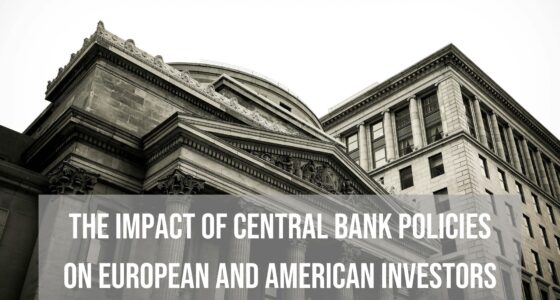Sustainable investing is no longer a niche market—it has become a mainstream strategy that combines financial growth with positive social and environmental impact. As global challenges such as climate change, resource depletion, and social inequality become more pressing, investors are increasingly seeking ways to align their portfolios with their values. This ultimate guide explores the principles, benefits, and strategies for sustainable investing, helping you create a better future while achieving financial success.
Understanding Sustainable Investments
Sustainable investing involves incorporating Environmental, Social, and Governance (ESG) factors into investment decisions. ESG criteria help assess a company’s ethical impact and sustainability practices. Here’s a breakdown:
- Environmental: Evaluates how a company’s operations impact the planet, including carbon emissions, energy efficiency, waste management, and biodiversity conservation.
- Social: Assesses a company’s relationships with employees, customers, and communities, focusing on diversity, labor practices, and human rights.
- Governance: Reviews corporate governance practices, including board diversity, executive compensation, and transparency.
Why Choose Sustainable Investing?
The benefits of sustainable investing extend beyond financial returns. Here are key reasons to adopt this approach:
- Aligning Investments with Values: Sustainable investing allows you to support companies and industries that reflect your ethical and environmental principles.
- Reducing Risk: Companies with strong ESG practices are often better equipped to handle regulatory changes, reputational risks, and operational challenges.
- Capitalizing on Growth Opportunities: Sectors like renewable energy, electric vehicles, and sustainable agriculture are poised for significant growth in the coming decades.
- Attracting a New Generation of Investors: Millennials and Gen Z investors prioritize sustainability, making ESG-aligned portfolios a key driver of future market trends.
Types of Sustainable Investments
There are various ways to integrate sustainability into your portfolio:
- Green Bonds: Fixed-income securities that finance environmentally friendly projects, such as renewable energy or clean transportation.
- Socially Responsible Investing (SRI): Focuses on excluding companies or industries that fail to meet specific ethical standards, such as tobacco, weapons, or fossil fuels.
- Impact Investing: Targets investments that generate measurable positive social or environmental outcomes, alongside financial returns.
- ESG Integration: Incorporates ESG factors into traditional investment analysis and decision-making processes.
- Thematic Funds: Focus on specific sustainability themes, such as clean energy, water conservation, or gender equality.
Building a Sustainable Investment Portfolio
Here are steps to create a portfolio that balances financial goals with sustainability:
- Define Your Objectives: Identify what matters most to you—whether it’s reducing carbon footprints, promoting social equity, or supporting ethical governance.
- Research and Choose Funds: Look for mutual funds, ETFs, or stocks with strong ESG ratings. Resources like Morningstar’s ESG Screener can help evaluate options.
- Diversify Your Investments: Balance sustainability-focused assets with traditional investments to mitigate risk and maximize returns.
- Monitor and Adjust: Regularly review your portfolio to ensure it aligns with both your financial objectives and sustainability goals.
Challenges and Considerations
While sustainable investing offers numerous advantages, it’s essential to be aware of potential challenges:
- Greenwashing: Some companies exaggerate their sustainability efforts. Conduct thorough research to verify ESG claims.
- Performance Trade-offs: While many sustainable investments perform well, some may lag behind traditional counterparts in certain market conditions.
- Limited Data: ESG metrics are still evolving, making it challenging to compare companies across industries.
The Future of Sustainable Investing
Sustainable investing is set to play an increasingly critical role in shaping the global economy. Governments, corporations, and individuals are recognizing the urgency of addressing climate change and social inequality. With advancements in technology, transparency, and ESG reporting, investors will have more tools and opportunities to make impactful choices.
Final Thoughts
Sustainable investing isn’t just about creating wealth—it’s about building a legacy. By supporting companies that prioritize environmental stewardship, social responsibility, and ethical governance, you can contribute to a better future while securing your financial well-being. Whether you’re a seasoned investor or just beginning your journey, sustainable investing offers a pathway to meaningful and measurable impact.








